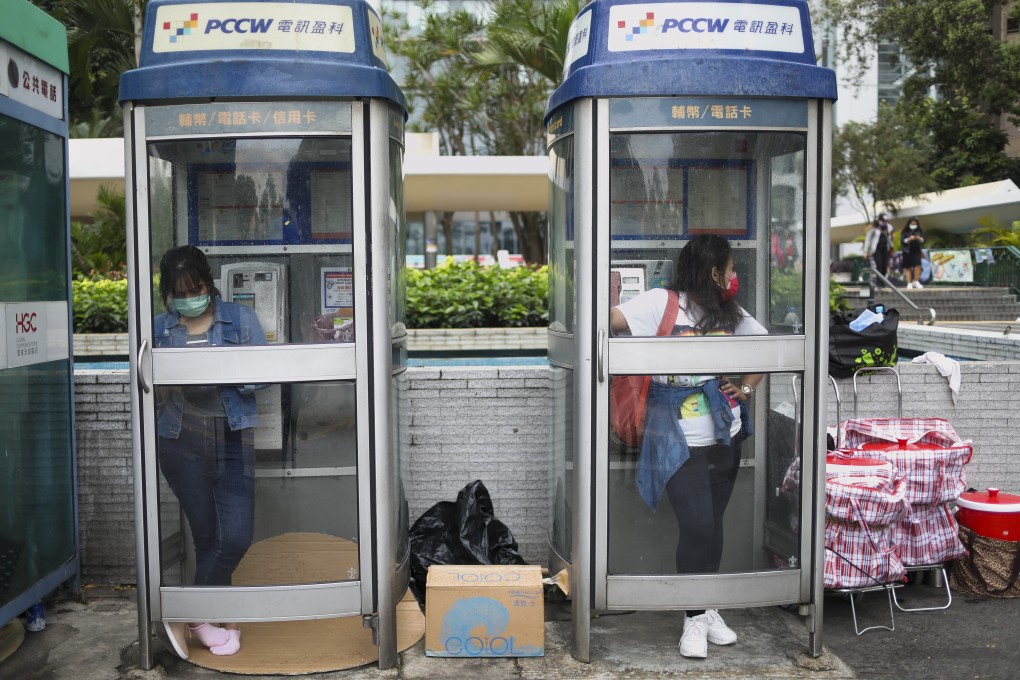Covid-19 is making millions of domestic workers more vulnerable. Tech can help
- As Covid-19 spurs policy shifts, governments have a rare opportunity to recalibrate policies and better understand the obstacles facing migrant domestic workers
- Some apps are trying to prevent harmful working conditions in the first place

While individuals with economic security can use technology to work from home, domestic workers suddenly face difficult conditions amid changing restrictions. Many have been forced to stay in home quarantine with employers. Others have been fired unexpectedly, unable to return home or inform their families of their whereabouts.
For example, Clause 3 of the Standard Employment Contract (ID407) for foreign domestic workers in Hong Kong says the worker should work and reside in the employer's residence as stated in the contract.

03:53
Domestic helpers in Hong Kong pitch in to try and stop the spread of coronavirus in the city
Recent trends reveal unsettling problems migrant domestic workers have faced for decades. These include long working hours, language barriers, limited local support networks and little access to social protection. Additionally, women – who make up about two-thirds of the world’s migrant domestic worker population – are vulnerable to sexual and gender-based violence.
As Covid-19 spurs policy shifts, governments across the world have a rare opportunity to recalibrate policies and better understand the obstacles facing migrant domestic workers. In pre-Covid-19 times, NGOs and governments were developing tech tools to empower the larger population of migrant workers. Data collection within, for example, supply chains and the agricultural sector helped provide some workers with more access to grievance channels.
